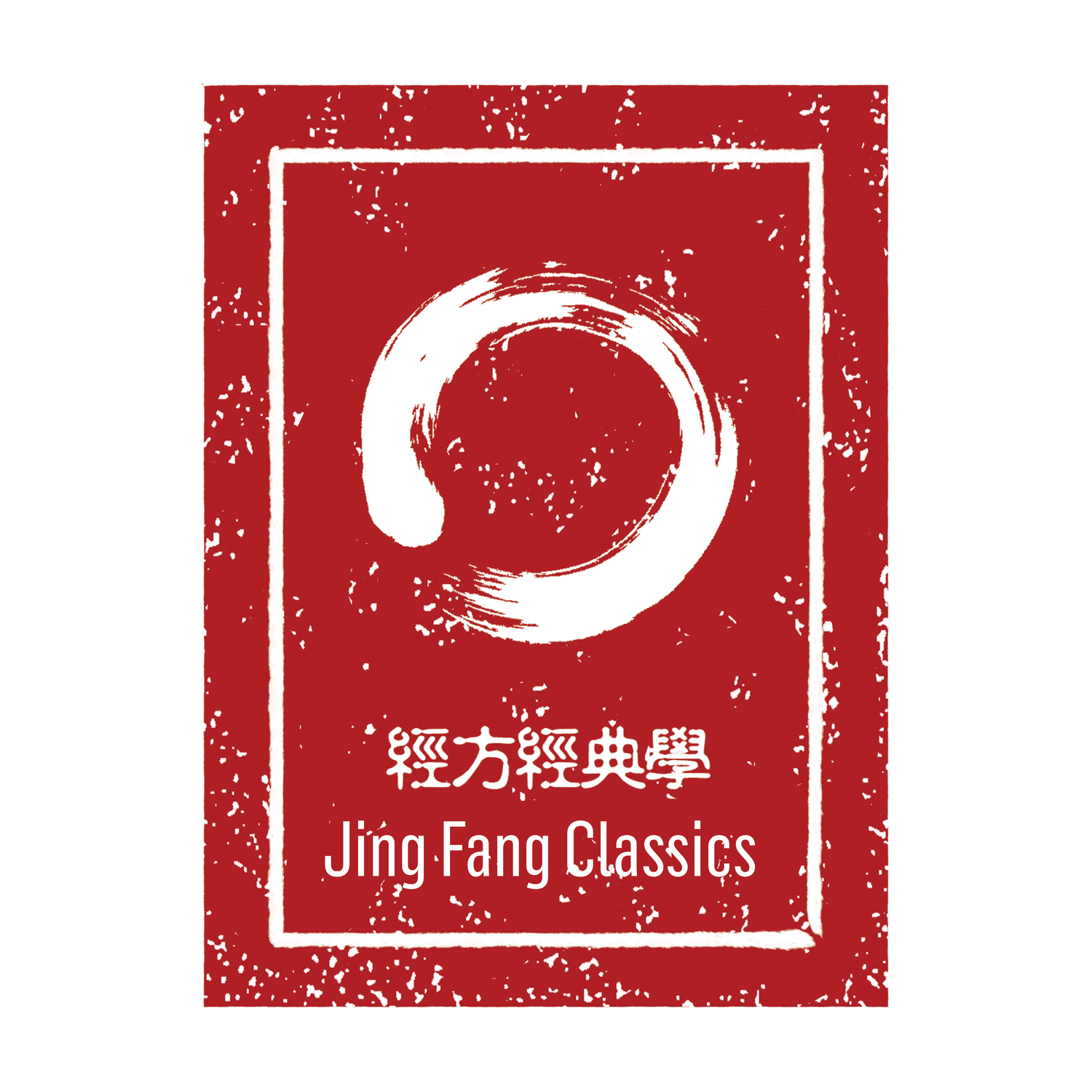Long Sha Lineage
Over the extensive history of Chinese Medicine, numerous academic schools of thought have emerged, influenced by geographical, cultural, and various other factors. These diverse schools have significantly shaped the academic and clinical development of Chinese Medicine.
Since ancient times, Wuxi (無錫) and Jiangyin (江陰), two cities in southern Jiangsu Province (江蘇), have been renowned as the birthplaces of notable figures in the field.
Xu Shu Wei (許叔衛), an exceptional doctor of the Song dynasty (宋代), spent his final years in Wuxi, combining the theories of Huangdi Neijing (黃帝內經) with the classical prescriptions of the Han dynasty (漢代). His influence played a crucial role in shaping the characteristics of the later Long Sha (龍砂派) school of thought.
As the Song dynasty came to an end, the esteemed scholar Lu Wen Gui (陸文圭), proficient in both literature and medicine, took up the mantle of educating a considerable number of doctors in Jiangyin, following in the footsteps of Xu Shu Wei.
The Long Sha school thrived during the Qing dynasty (清代) and has persisted into the contemporary era, becoming an integral part of Wuxi's cultural heritage.
Throughout history, eminent doctors associated with this school, including Tan Yun Xian (談允賢), one of the four most famous doctors of the Ming dynasty (明代), Cao Ying Fu (曹穎甫), Zhu Xin Nong (朱莘農), Ye Bing Ren (葉秉仁), Xia Yi Jun (夏奕鈞), Cheng Dan An (承淡安), and up to the present day, with professors from Nanjing University of Chinese Medicine such as Xia Gui Cheng, Xu Fu Song, and Professor Huang Huang, the current representative of the Jing Fang Long Sha school.
In recent years, the Long Sha school has experienced growth under the leadership of Professor Huang Huang and his disciple, Professor Salustino Z Wong.
Join the study of Jing Fang and contribute to preserving this valuable treasure of Chinese Medicine!





